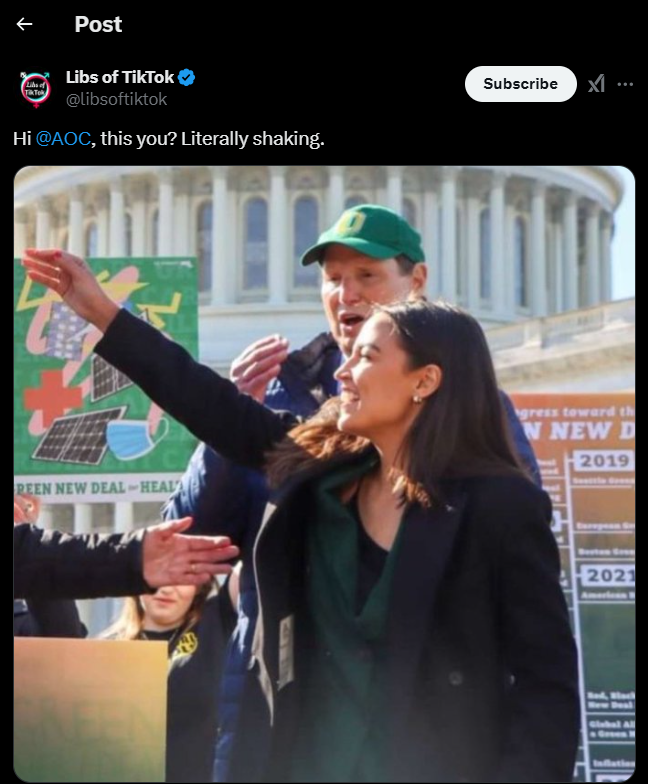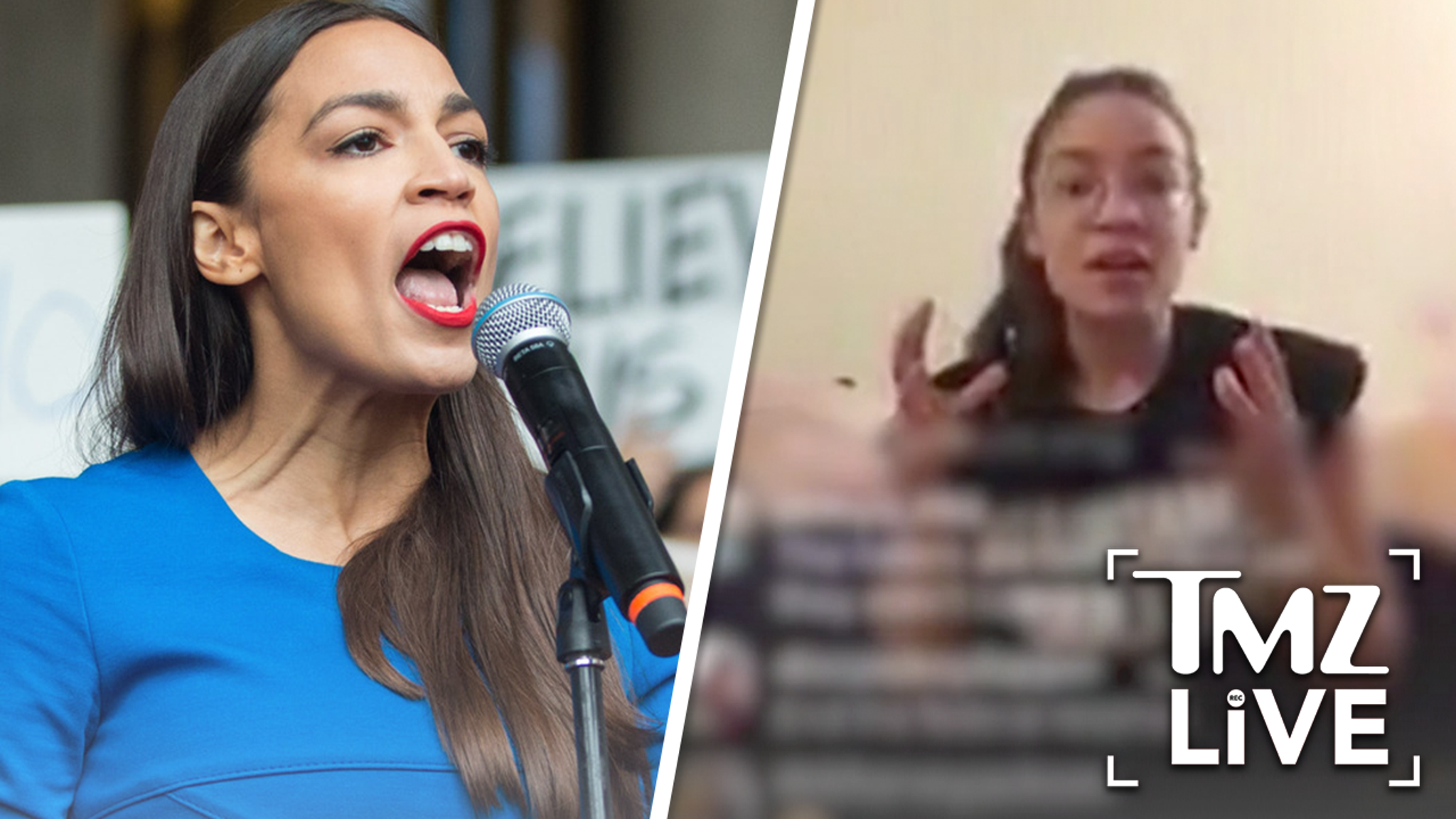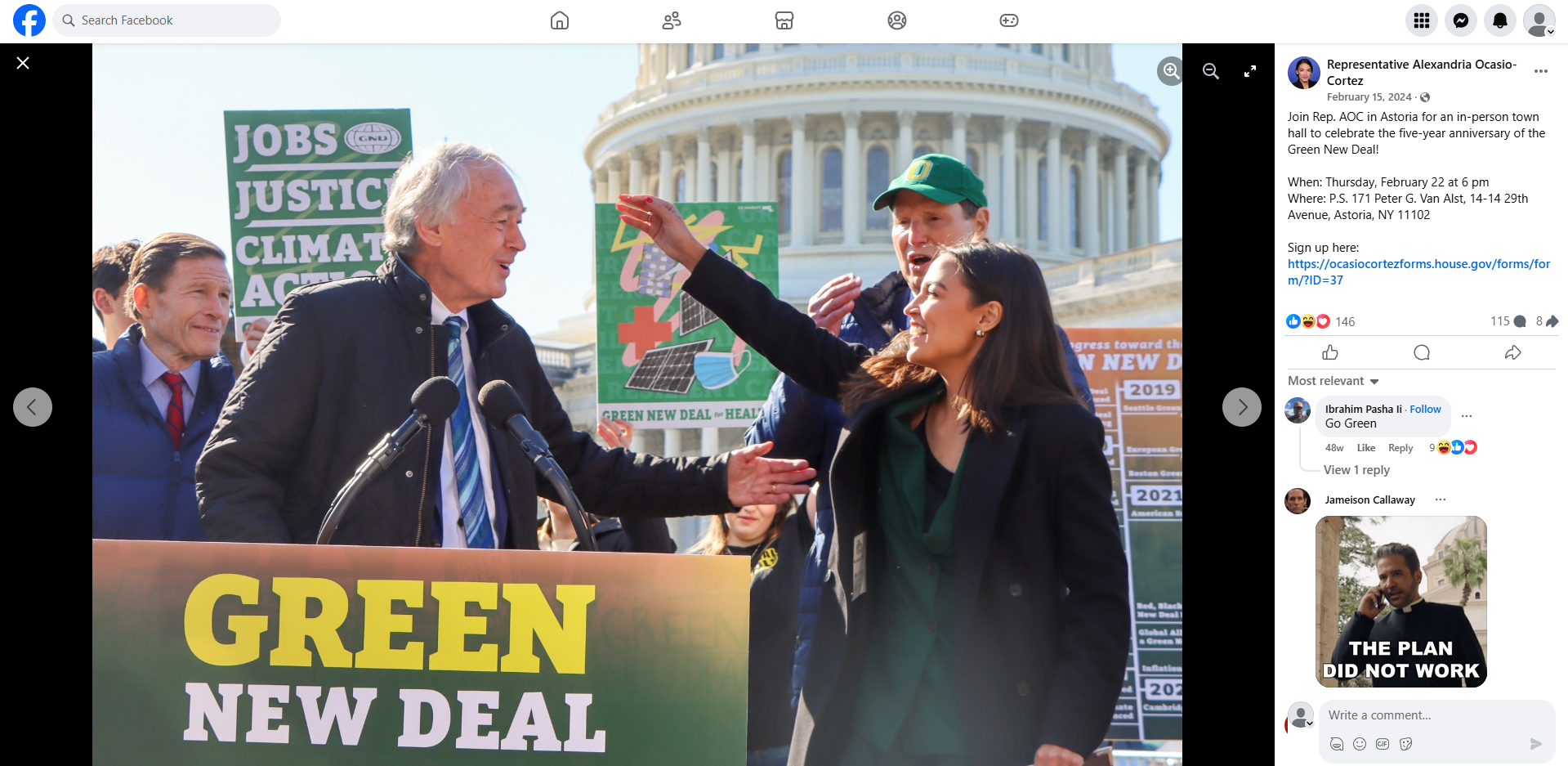Did a seemingly innocuous gesture at a recent event ignite a firestorm of controversy, thrusting a prominent figure into the unforgiving glare of public scrutiny? The answer is a resounding yes, as a seemingly innocuous gesture by Elon Musk has once again ignited debate, exposing the volatile nature of online interpretation and the enduring power of symbolism.
The incident, which unfolded at the Capitol One Arena, witnessed the billionaire entrepreneur and Tesla CEO at the center of a controversy when a simple gesture made during a speech was quickly misconstrued by some as a salute echoing the infamous Nazi gesture. The Anti-Defamation League (ADL) quickly stepped in to Musks defense, characterizing the gesture as "awkward" and made in a moment of enthusiasm, rather than an intentional display of hateful ideology. This attempt to mitigate the controversy only served to highlight the sensitivity surrounding the historical connotations of certain actions, and the speed with which such symbols can be weaponized in the digital age. Social media, as ever, proved to be a volatile battleground where opinions clashed, and images of various celebrities, including Taylor Swift, were swiftly circulated in an attempt to contextualize and or to mock, the unfolding events.
The issue, however, is not isolated; it reverberates within a larger context. The incident occurred during the backdrop of ongoing political turbulence and the constant bombardment of information (and misinformation) that has become a hallmark of contemporary society. In the age of instant communication, and with the pervasive influence of social media platforms like X (formerly known as Twitter), the line between fact and fiction has blurred, and the rapid spread of information can often outpace the ability to accurately interpret it.
The year 2025 saw Donald Trump's inauguration celebrations marked by their own controversy. The gesture in question involved Trump supporter, Elon Musk that many onlookers claimed was a Nazi salute. The swiftness with which perceptions are formed, and the potential for these perceptions to influence public opinion, underscore the crucial need for media literacy and critical thinking.
The ADL's defense of Musk, whilst appearing to attempt to calm the controversy, served to further underscore the issue. The leagues statement, emphasizing that the gesture was more likely a moment of excitement rather than a deliberate expression of hateful ideology, reveals the complexities of navigating public perception in the digital age. The reality, perhaps, is that such controversies are not always easily resolved. They offer a potent reminder of the lasting power of symbolism, and the need for nuanced interpretations.
The incident once again underscores the complex relationship between social media, public figures, and the spread of information. It is a reminder of the need for media literacy, and the ability to critically evaluate the information that floods our screens every day. The rapid dissemination of information, combined with the speed with which interpretations can be formed, highlights the importance of careful consideration and thoughtful analysis.
The controversy, while focused on a single event, serves as a broader reflection of the volatile environment that can be created in the age of instant communication. This particular incident may fade from the headlines, but the underlying issues remain: the power of symbolism, the importance of critical thinking, and the constant battle to discern truth in an era of information overload. It is a microcosm of the wider societal challenges we face as we navigate the complexities of the digital world.
The controversy, however, provides an opportunity for a deeper understanding of how easily perceptions are shaped, and how important it is to approach information with a critical eye. It is a timely reminder of the importance of media literacy, the need to avoid knee-jerk reactions, and the necessity of thoughtful engagement with complex issues. The incident, in short, is a window into a larger conversation about the future of information and public discourse.
| Elon Musk: Key Information | |
|---|---|
| Full Name: | Elon Reeve Musk |
| Date of Birth: | June 28, 1971 |
| Place of Birth: | Pretoria, South Africa |
| Nationality: | South African, Canadian, and American |
| Education: | University of Pennsylvania (B.A. in Physics, B.A. in Economics) |
| Known For: | Co-founder of PayPal, Tesla, SpaceX, Neuralink, The Boring Company |
| Current Role: | CEO of Tesla, CEO of SpaceX, Owner of X (formerly Twitter) |
| Net Worth (approx.): | $200 Billion (as of October 2024, fluctuates) |
| Significant Accomplishments: | Revolutionized the electric vehicle industry, Pioneered reusable rockets, Contributed to advancements in space exploration, Leading figure in AI development |
| Website Reference: | Tesla Official Website |
The swirling debate surrounding Elon Musk's actions highlights how quickly information and misinformation can circulate on social media, and how these platforms can shape public perception. The implications are far-reaching, and the need for critical thinking and informed discussions becomes increasingly crucial in navigating the complexities of the digital landscape. The controversy illustrates the importance of context, nuance, and a responsible approach to the ever-evolving world of social media.
Further questions arise: Does the seemingly harmless gesture bear the weight of a dark history? Or, is this merely another case of misinterpretation in an era of heightened sensitivity? The answer, it seems, lies somewhere in the complicated intersection of symbolism, perception, and the relentless churn of the information age.
The rapid spread of images and commentary online serves as a case study in the power of visual cues and their potential to mislead. The incident underscores the need to approach all information, especially that encountered online, with a healthy degree of skepticism. The ability to discern truth from falsehood becomes increasingly vital in this complex environment.
This controversy, however fleeting, offers a valuable opportunity to examine how the public interprets and reacts to information. It also underscores the importance of responsible social media use, critical thinking, and the ability to engage in respectful, productive conversations, even on the most difficult topics. It is a reminder of the need to look beyond the immediate headlines and to consider the larger context in which such events occur.


